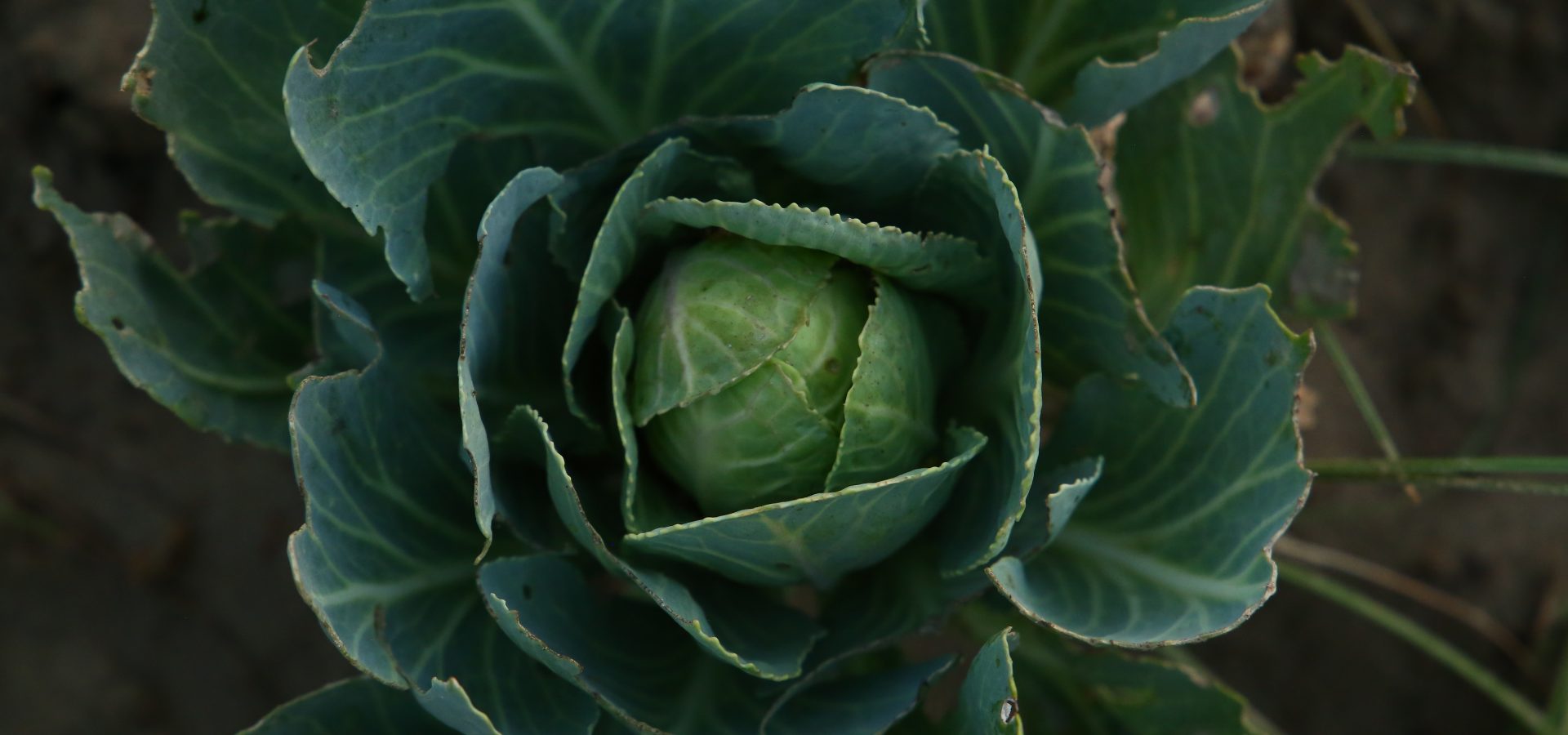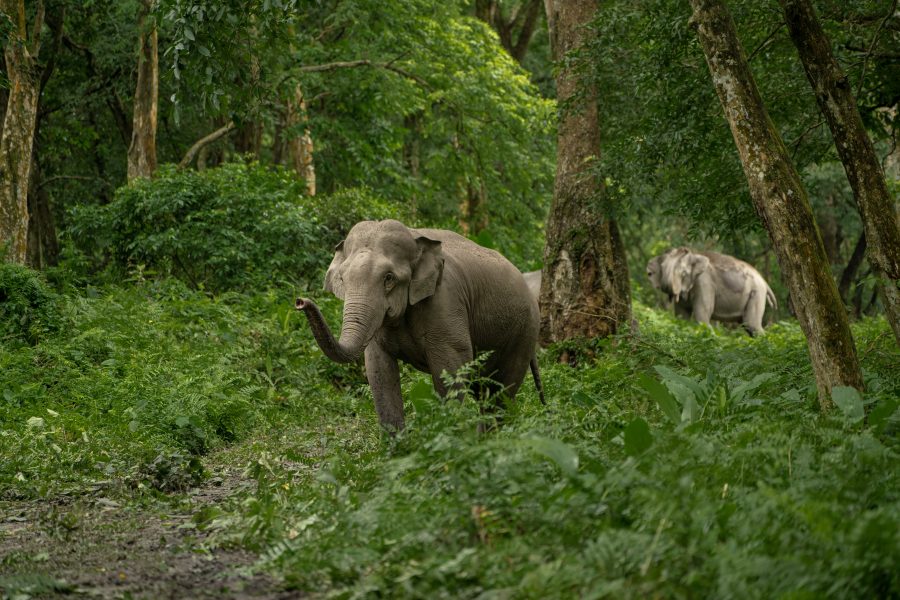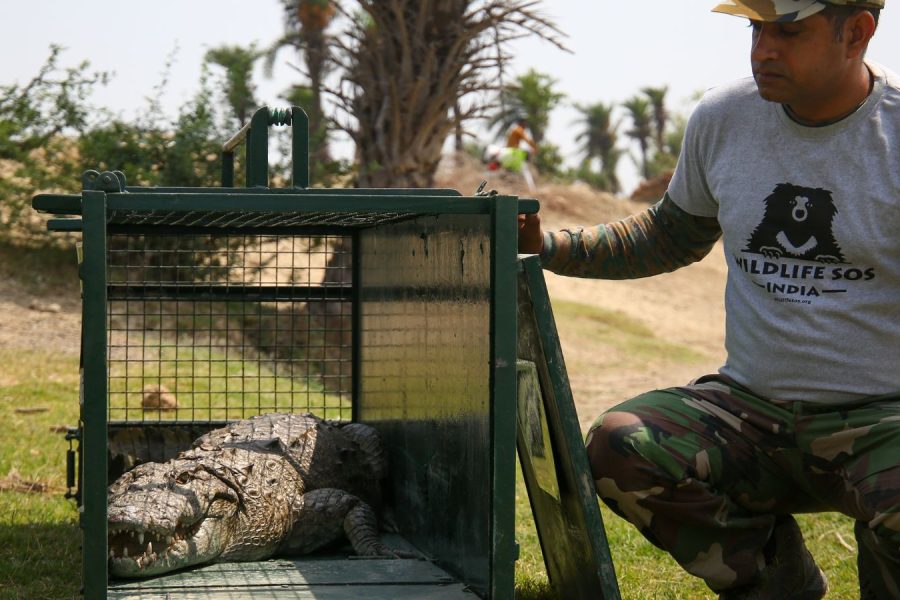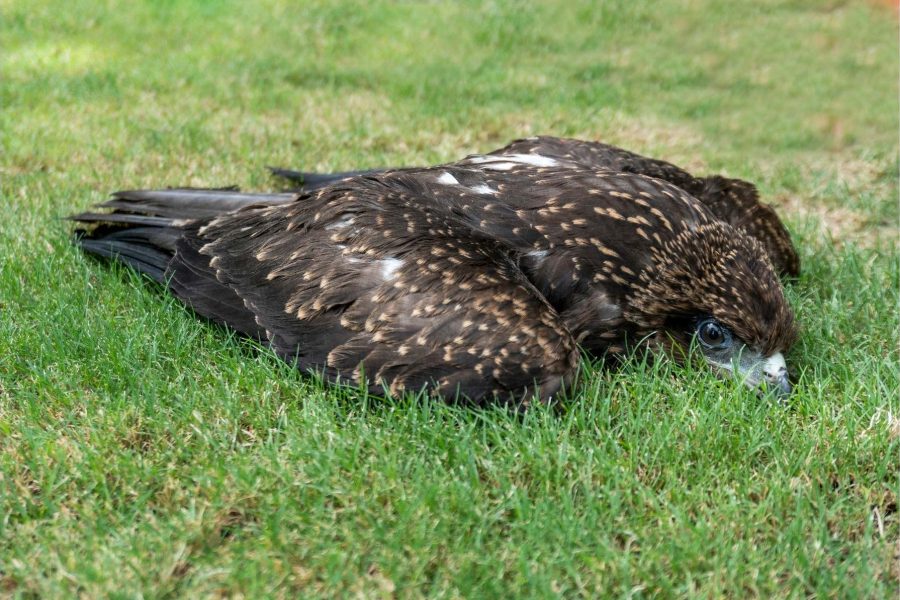Organic farming has been gaining momentum over recent years. Although the term may be a new attractive phrase, it is actually a traditional farming method. The agricultural revolution has changed the way we view food, when the dependency on land, new agricultural practices started to cope with the increase in food demand. This method of production helps fight climate change, reduces loss of biodiversity, reduces soil erosion, and most importantly avoids polluting natural resources. Taking up a sustainable approach in food production has never been as essential. With almost 99% of the land cultivated using unsustainable farm practices, geared only towards higher yields, and also adds additional pressure on global issues, at Wildlife SOS we wanted to contribute to a greener future by starting our own organic farm.
Our Elephant Conservation and Care Centre in Mathura spans over 40 acres, most of which is dedicated to the care of the rescued gentle giants which call our centre home. About 3 acres of our vast centre is used specifically for organic farming which we started in 2018, to grow fresh vegetables and herbs mainly for our staff, and on a small scale for the elephants. Some of the vegetables we grow are: cauliflower, cabbage, radish, turnip, carrot, green chili, tomato, ladies finger, different types of beans, beetroot, spinach, fenugreek, coriander, potatoes, garlic, onion, pumpkin, bottle gourd, pumpkin and more.
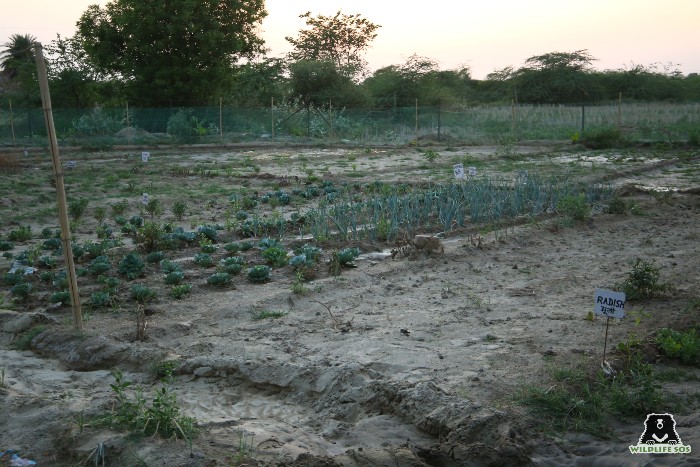
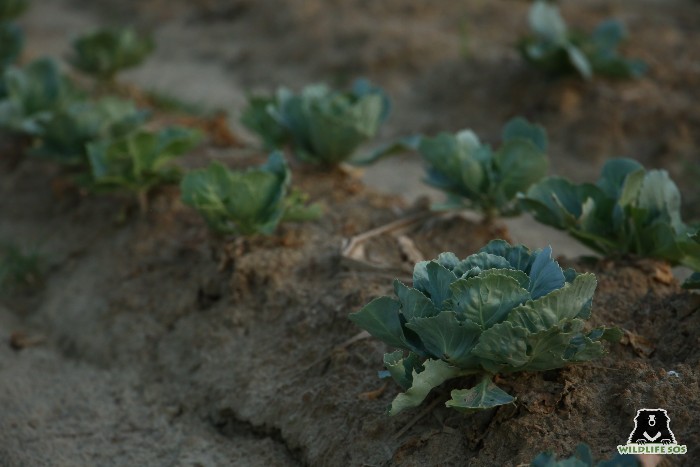
Managing the farm is a labor-intensive task, the upkeep of which is managed by four staff members. The farm also utilizes the run-off water from the elephant centre itself, i.e., water that has been used for the elephant upkeep is re-used on the plants, thereby saving huge amounts of water each day. The methods used also involve no pesticides, artificial fertilizers, or additives, but rather a natural fertilizer of manure that is acquired from a nearby cow shelter or ‘Gaushala’ and vermicompost. Both are known to be rich in nutrients and effective natural fertilizers. Weed repellents are also not used on the plants, but seasonal workers are hired to remove unnecessary growth as and when required as a non-chemical weed management practice.
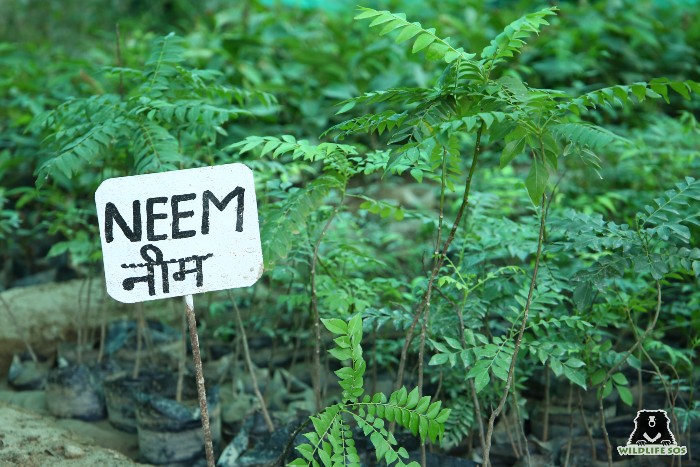
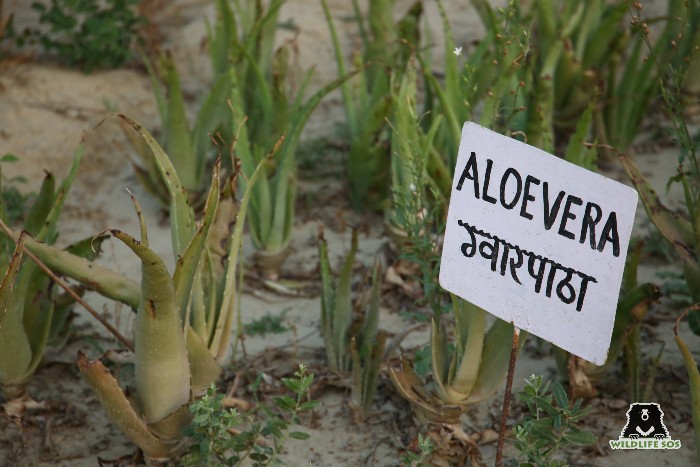
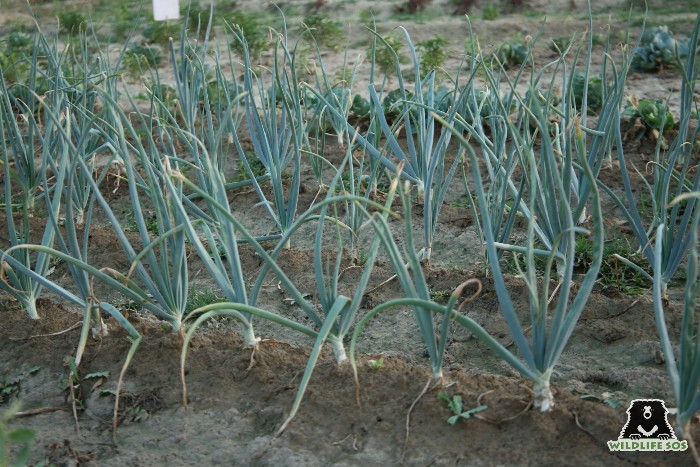
The initial days of setting up the farm have been challenging, considering the temperature, soil health, and the growth of the plants. However, in the past 2 years, the yield generated by the farm has increased drastically and the team has been able to use about 80% of it for day-to-day use. Since the setting up of the farm, the team has also seen a drastic shift in the area, the land has been rejuvenated naturally. Since growing plants can be a seasonal task, during the off-seasons, soil nitrogen-fixing plants are grown to renew the soil from within.
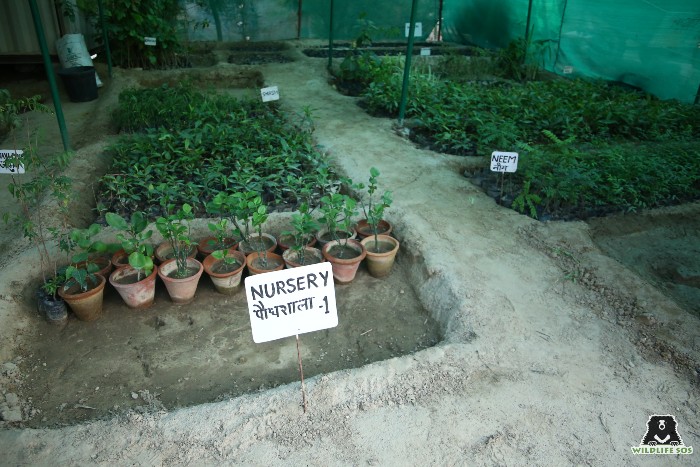
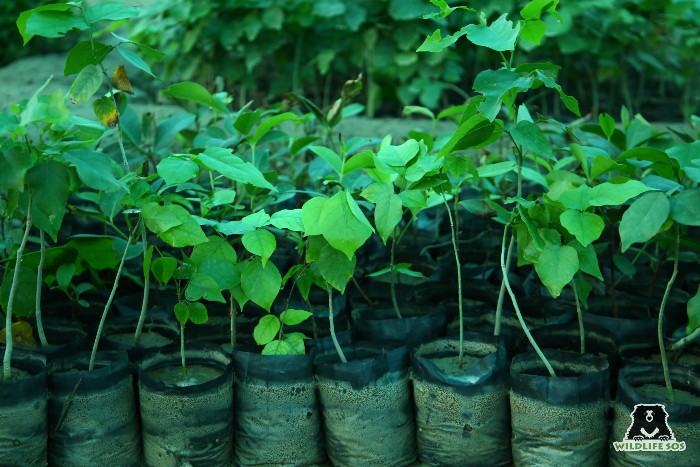
Organic farming is still gaining momentum on a global scale, considering the slow growth rates. Some instances of higher yields have been occurring in some parts of the world and we hope to continue our bit to support our staff and animals until then. The elephants have also been beneficiaries of the harvest, the fresh beetroots & pumpkins grown at the centre are a favorite among them. In due time, we plan on expanding our farm in order to grow more fresh veggies for our beloved elephants. You can also find out how Wildlife SOS contributes to the UNs Sustainable Development Goals (SDG) here.

